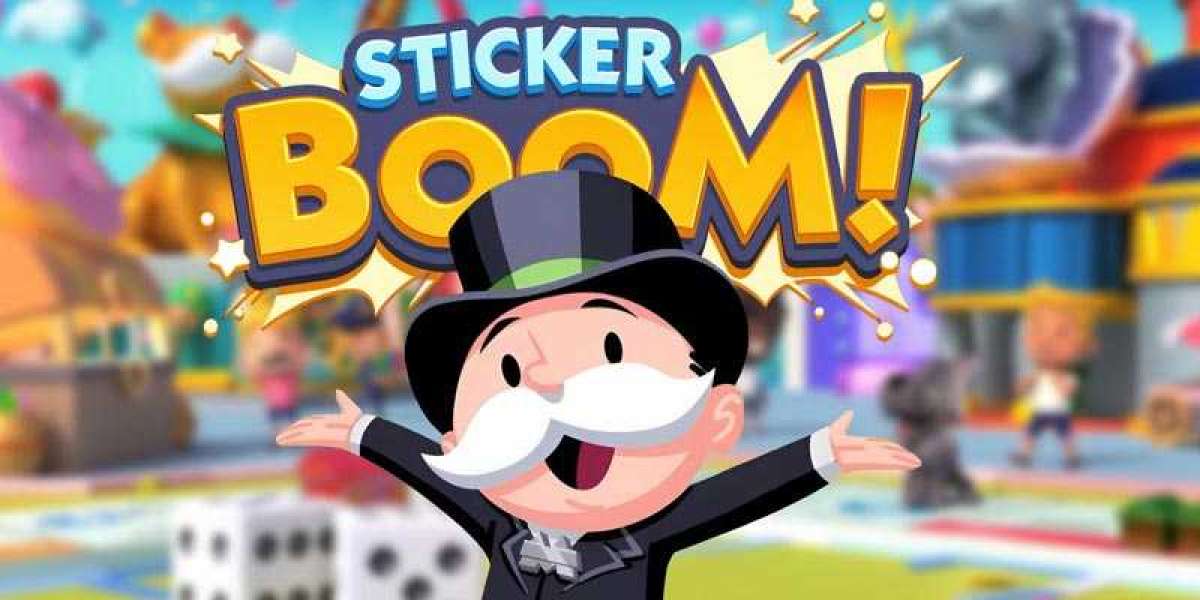Entertainment: The Heartbeat of Modern Culture
Entertainment has become an integral part of human existence, evolving with society’s tastes, technological advancements, and cultural shifts. It encompasses everything from film, television, music, literature, sports, and live performances to the more interactive forms like gaming and social media. In essence, entertainment is a reflection of our collective desires to escape, to experience, and to explore.
The Evolution of Entertainment: From Ancient to Modern Times
Historically, forms of entertainment have varied significantly. Ancient societies engaged in storytelling, dance, and theatrical performances, which were often tied to religious rituals or societal traditions. Ancient Egyptians used festivals to celebrate and honor their gods, featuring parades, music, and dance. Similarly, Greeks held Olympic games and theatrical dramas to entertain and compete.
Over time, entertainment has grown increasingly accessible. The invention of the printing press allowed for the mass production of books, which revolutionized literature and broadened access to written stories and knowledge. In the 20th century, radio, cinema, and television brought new ways for people to access entertainment on a mass scale. Each of these mediums redefined the scope and reach of entertainment, creating a shared experience for audiences across different parts of the world.
The Film and Television Industry: A Global Phenomenon
The film industry, one of the most prominent sectors of entertainment, began in the late 19th century with silent films. The introduction of sound, color, and special effects transformed cinema into an immersive art form, captivating audiences worldwide. Hollywood in the United States emerged as the epicenter of the film industry, producing countless blockbusters that have become iconic in popular culture. However, other countries also have their cinematic treasures: Bollywood in India produces a vast number of films every year, known for their musical elements, while countries like Japan have contributed globally popular anime and animated films.
Television, following its invention in the 1920s, became a staple in homes across the globe by the mid-20th century. It provided a new platform for series, news, sports, and live events. Television also reflected and influenced societal changes, with series like "I Love Lucy," "MASH," and "Friends" becoming cultural touchstones. Today, streaming platforms like Netflix, Hulu, and Amazon Prime have changed the way people consume television content, providing on-demand access to shows from various genres and regions.
The Power of Music: A Universal Language
Music has always been an essential form of entertainment and expression. From classical compositions by Mozart and Beethoven to jazz, rock, and hip-hop, music has evolved to cater to changing tastes and times. The emergence of recording technology in the late 19th century allowed music to be preserved and distributed widely, creating the modern music industry.
In the digital era, music has become even more accessible. Streaming platforms like Spotify, Apple Music, and YouTube allow listeners to explore an extensive range of music genres. Social media platforms have also given rise to new trends, with short-form video apps like TikTok turning songs into viral sensations. Furthermore, music festivals, from Coachella in California to Tomorrowland in Belgium, bring fans together, celebrating music as a unifying force.
Attention:Entertainment does more than amuse; it shapes cultural norms, values, and trends. Films, music, and literature often reflect societal issues, helping audiences to confront and understand complex topics.
Literature: A Window to Imagined Worlds
Books and literature continue to play a vital role in entertainment. From novels and poetry to comics and graphic novels, literature provides readers with an escape into different worlds, eras, and perspectives. In recent years, the rise of digital books and audiobooks has expanded literature's reach, making it more convenient for people to consume stories on the go.
The publishing industry has diversified, with genres like fantasy, mystery, romance, and science fiction each attracting devoted fan bases. Iconic authors like J.K. Rowling, J.R.R. Tolkien, and Agatha Christie have created works that continue to inspire adaptations in film and television. Literature has also sparked online communities where fans can discuss, critique, and create their own fan-fiction, making reading an interactive and collaborative experience.
Sports and Physical Entertainment
Sports have always held a special place in human culture, providing entertainment that combines physical prowess, strategy, and teamwork. From ancient games like the Olympic events in Greece to modern professional leagues such as the NBA, NFL, and English Premier League, sports engage audiences emotionally, creating dedicated fan communities.
The growth of sports broadcasting has turned local games into global events. Events like the FIFA World Cup, the Super Bowl, and the Olympics attract billions of viewers worldwide, becoming some of the most-watched events in history. The physical feats of athletes inspire audiences, making sports an enduring form of entertainment that fosters a sense of unity and excitement.
Video Games and Interactive Entertainment
With the advent of technology, video games have grown from simple 8-bit graphics to expansive, immersive virtual worlds. Gaming has evolved into a major form of entertainment, reaching people of all ages and backgrounds.
The Future of Entertainment
The future of entertainment is likely to be shaped by ongoing technological advancements and evolving cultural tastes. Virtual reality and augmented reality could become even more mainstream, creating immersive experiences for everything from concerts to sports games. AI may play a larger role in creating personalized content, and blockchain technology could transform how creators distribute and monetize their work.
Moreover, as audiences become more diverse and globalized, there is a growing demand for representation and inclusion in media. Entertainment companies are increasingly acknowledging the importance of diverse voices, creating content that reflects a broader range of experiences and perspectives.


